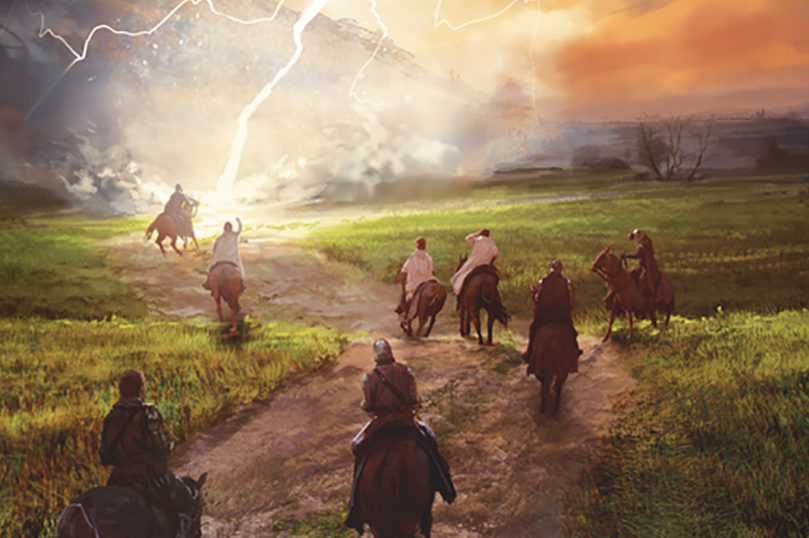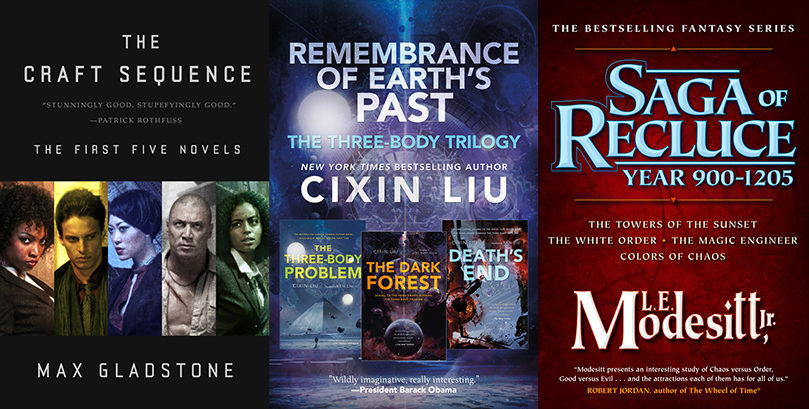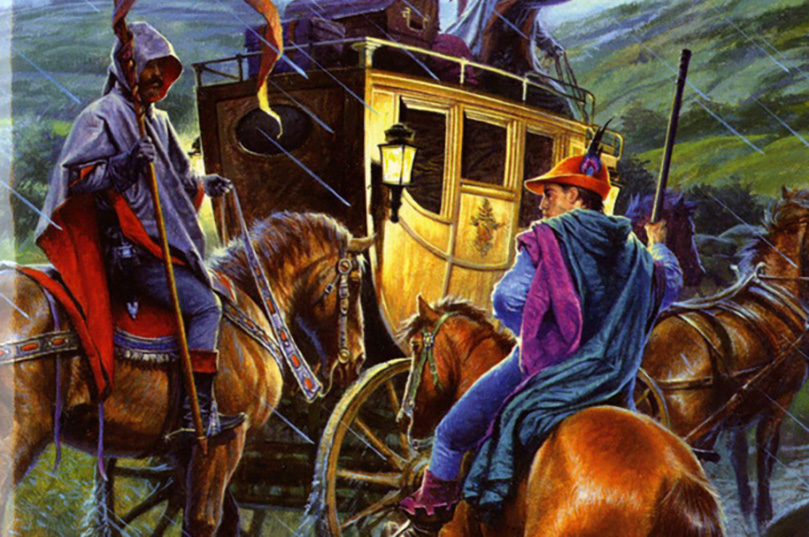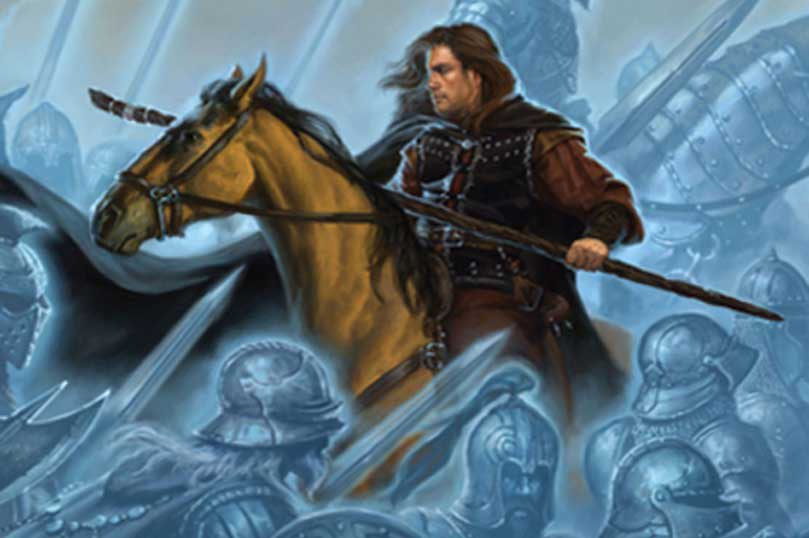
New Ebook Bundles: 1/15/2019
Here are all the new ebook bundles that went on sale today!

Here are all the new ebook bundles that went on sale today!

Check out the newest ebook bundles from Tor/Forge!

Good news for fans of epic fantasy author L.E. Modesitt, Jr. in the Indiana area: Modesitt will be a guest at the upcoming Indiana Comic Con.

L.E. Modesitt, Jr. returns to the world of the Saga of Recluce with the story of Beltur, a mage with a talent lost for hundreds of years. The Mongrel Mage will be available October 31st. Please enjoy this excerpt.

New from L.E. Modessit, Jr., Max Gladstone, and Cixin Liu!

Our Fantasy Firsts program continues today with an ebook sale! The next book in L. E. Modesitt, Jr.’s Saga of Recluce series, Recluce Tales, will become available January 3rd. This month we are making it easier to get started on this series by offering the first book, The Magic of Recluce, for just $2.99.

Continuing our Fantasy Firsts program, The Magic of Recluce author L. E. Modesitt, Jr. discusses taking an “economic” approach to writing fantasy.

Our Fantasy Firsts program continues with an extended excerpt from The Magic of Recluce, the first book in L.E. Modesitt, Jr.’s bestselling fantasy series set in the magical world of Recluce.
Once again Tor (Booth# 646) continues our wildly popular *in-booth signings and giveaways, offering you a chance to meet your favorite authors up close and personal and pick up free books. Friday, June 6th 10:30 – 11:30 am Putting the Science in Science Fiction John Scalzi, L.E. Modesitt 12:00 pm Tor Booth (#646) Signing: Elizabeth Bear, Range of…